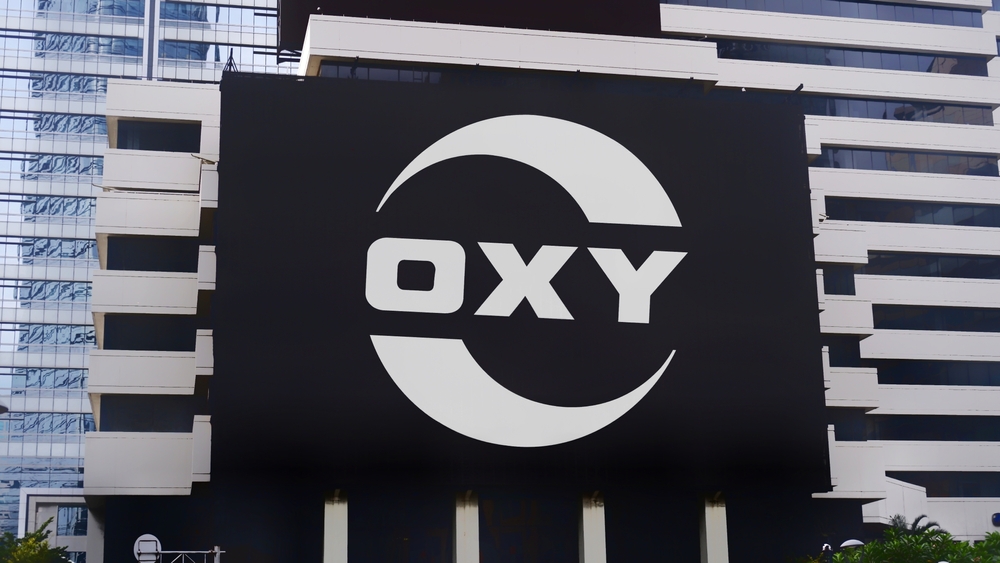/Walgreens%20Boots%20Alliance%20Inc%20store-%20by%20Sundry%20Photography%20via%20Shutterstock.jpg)
Walgreens Boots Alliance (WBA) stands at a pivotal moment as 2025 begins. It is drawing intense investor scrutiny after emerging as the S&P 500’s ($SPX) biggest laggard in 2024 with an over-50% decline. Yet, the pharmacy giant’s stock has shown signs of life, surging 27% following its January earnings announcement, catching the attention of value hunters and income seekers alike.
The intrigue surrounding Walgreens isn’t just about its recent stock movement – it’s the eye-catching 9% dividend yield that’s turning heads on Wall Street. With new leadership and a fresh strategic vision, investors are weighing whether this represents a golden opportunity or a classic value trap.
As the retail pharmacy landscape undergoes seismic shifts and healthcare delivery models evolve, Walgreens’ transformation story has become one of the most watched narratives in the consumer healthcare sector. The question on everyone’s mind is whether this generous dividend is sustainable and, more importantly, whether WBA stock is a compelling buy at current levels. Let’s dive in and see what the company has to offer.
Dissecting Walgreens’ Q1 2025 Performance
Walgreens Boots Alliance (WBA), headquartered in Deerfield, Illinois, is a leading global healthcare and pharmacy retail enterprise. Formed in 2014 through the merger of Walgreens, a prominent U.S. pharmacy chain, and Alliance Boots, a European health and beauty group, WBA operates approximately 12,500 retail locations across the United States, Europe, and Latin America.
The company recently declared a quarterly dividend of $0.25 per share, translating to an annual dividend of $1.00 per share. This reflects an attractive yield of 9% at current prices.
Walgreens’ first-quarter fiscal 2025 results have shown promising signs of recovery. The company reported sales of $39.5 billion, marking a 7.5% increase year-over-year, with growth evident across all business segments. This performance exceeded analyst expectations, particularly in the U.S. Healthcare segment, which saw a 12% increase to $2.2 billion compared to the prior year.
The company’s core pharmacy business demonstrated robust growth, with pharmacy comparable sales increasing by 12.7%, driven by higher branded drug inflation and prescription volume. However, U.S. retail comparable sales declined by 4.6%, impacted by a milder cough, cold, and flu season. International operations showed resilience, with Germany wholesale up 11.3% and Boots UK achieving an 8.1% increase in comparable retail sales.
The market has responded positively to these results, with Walgreens’ stock surging 19% in the past five days and 21% in the year to date. This recent uptick provides some relief following a challenging 52-week period that saw the stock decline by 51%.
With a current market capitalization of $10.2 billion and a forward P/E ratio of 6.1x, significantly below the sector median of 15.83x, Walgreens appears undervalued compared to its peers.
Despite posting a first-quarter loss of $0.31 per share compared to a loss of $0.08 in the year-ago quarter, Walgreens’ adjusted earnings per share of $0.51 demonstrated the company’s underlying operational strength. The increased loss primarily reflects costs related to the company’s Footprint Optimization Program, which includes plans to close 1,200 underperforming stores.
How Walgreens Is Reinventing Its Future
Walgreens is rolling out a series of bold initiatives to revitalize its business model and boost shareholder value. At the forefront of this transformation is the company’s ambitious push into clinical trials.
Since June 2022, Walgreens’ Clinical Trials team has reached out to 7 million potential participants for sponsor-led trials. The company has established a Patient Advisory Board to strengthen this venture, signaling its commitment to enhancing access and diversity in clinical research.
In a strategic move to expand its customer base, Walgreens has partnered with Soda Health to join its Smart Benefits program. This collaboration opens up Walgreens’ services to a wider audience, including Medicare Advantage, Medicaid, and employer benefits program participants. By offering personalized health and wellness benefits, Walgreens aims to drive more store traffic and increase sales.
However, the road to reinvention isn’t without its bumps. Tim Barry stepped down from his role as CEO of VillageMD, Walgreens’ healthcare services arm. This leadership shakeup coincides with reports that Walgreens is progressing with plans to separate from VillageMD, hinting at a significant shift in its healthcare strategy.
Perhaps the most dramatic aspect of Walgreens’ transformation is its decision to shutter approximately 1,200 stores over the next three years, with about 500 closures slated for the current fiscal year. While this may seem drastic, it’s part of a broader strategy to optimize its retail footprint and focus on more profitable locations.
What’s Next for Walgreens?
Despite recent challenges, Walgreens is maintaining its fiscal 2025 adjusted EPS guidance of $1.40 to $1.80. Meanwhile, analysts are estimating normalized EPS of $0.52, GAAP EPS of $0.07, and revenue of $37.39 billion.
The analyst community remains cautious about Walgreens. Based on 15 analysts, the consensus is a “Hold” rating, with a breakdown of two “Strong Buy” ratings, 10 “Hold” ratings, two “Moderate Sell” ratings, and one “Strong Sell” rating. The mean target price of $9.87 implies potential downside of about 16% from the current price.
Conclusion
Is Walgreens stock a buy for that juicy 9% dividend yield? It’s tempting, but tread carefully. A consensus “Hold” rating speaks volumes. While Walgreens’ turnaround efforts show promise, challenges persist. The high yield reflects recent struggles more than strength. For income-hungry, risk-tolerant investors, it might be worth a small bet. But conservative folks might want to wait for clearer success signals. Keep tabs on upcoming quarters to see if Walgreens can truly transform itself and justify that hefty dividend.
On the date of publication, Ebube Jones did not have (either directly or indirectly) positions in any of the securities mentioned in this article. All information and data in this article is solely for informational purposes. For more information please view the Barchart Disclosure Policy here.



/Quantum%20Computing/A%20concept%20image%20of%20a%20green%20and%20yellow%20motherboard_%20Image%20by%20Gorodenkoff%20via%20Shutterstock_.jpg)

/Quantum%20Computing/A%20concept%20image%20of%20a%20neon%20pink%20circuit%20board_%20Image%20by%20Gorodenkoff%20via%20Shutterstock_.jpg)

